Turning Point or Political Theater? The Big Push for Palestinian Statehood Explained
As the sun set over the United Nations General Assembly in New York City on Monday, a sense of hope and urgency filled the air. World leaders gathered to discuss one of the most pressing issues of our time: the quest for Palestinian statehood. But as the international community rallies behind this cause, a question lingers: is it too late?
For decades, the two-state solution has been touted as the key to resolving the Israeli-Palestinian conflict. Yet, despite growing international support, the prospects for a sovereign Palestinian state seem more elusive than ever. The war in Gaza, which left thousands dead and displaced, has only intensified the debate.
As I walked through the crowded corridors of the UN headquarters, I caught up with Dr. Hanan Ashrawi, a veteran Palestinian negotiator and member of the Palestine Liberation Organization's Executive Committee. Her eyes sparkled with determination as she spoke about the historic moment unfolding before us.
"This is not just a recognition of Palestine as a state," she said. "It's a recognition of our right to self-determination, to exist as a people in our own land."
The UK, Canada, and Australia have already joined France in recognizing Palestine as an independent state. Belgium, Portugal, Luxembourg, and Malta are among the countries planning to follow suit. But what does this mean for the future of Palestinian statehood?
To understand the complexities of this issue, it's essential to delve into its history. The two-state solution was first proposed by the 1947 United Nations Partition Plan, which divided British-ruled Palestine into separate Jewish and Arab states. However, the plan failed to account for the displacement of hundreds of thousands of Palestinians during Israel's establishment in 1948.
Since then, numerous attempts have been made to revive the two-state solution. The Oslo Accords of 1993 aimed to establish a framework for peace negotiations between Israelis and Palestinians. Yet, despite some progress, the process has stalled repeatedly, with both sides accusing each other of bad faith.
The current push for Palestinian statehood is not just about international recognition; it's also about redefining the terms of the conflict. For decades, Israel has maintained control over the West Bank and Gaza Strip, limiting Palestinian sovereignty and perpetuating a system of occupation.
"This is not just about borders or territory," said Dr. Ashrawi. "It's about our right to govern ourselves, to make decisions about our own future."
But critics argue that this push for statehood is little more than a form of political theater. They point out that the international community has repeatedly failed to deliver on its promises, and that the Palestinian leadership has been slow to adapt to changing circumstances.
"It's a convenient way for world leaders to feel good about themselves without actually doing anything meaningful," said Daniel Levy, a senior research fellow at the European Council on Foreign Relations. "The reality is that the two-state solution is dead, and we need to start thinking about new ways forward."
As I spoke with Dr. Ashrawi and other Palestinian leaders, it became clear that their commitment to statehood remains unwavering. But as the international community rallies behind this cause, a question lingers: will it be enough?
In the crowded corridors of the UN headquarters, I caught up with Israeli Prime Minister Benjamin Netanyahu's spokesperson, who declined to comment on the record. However, in a statement released earlier that day, Netanyahu reiterated his commitment to a two-state solution, while also emphasizing Israel's security concerns.
The debate over Palestinian statehood is far from over. As world leaders gather in New York City, they will grapple with the complexities of this issue and the competing interests at play. Will it be a turning point for Palestinian statehood, or just another chapter in the long history of failed negotiations?
Only time will tell. But one thing is certain: the fate of Palestine hangs precariously in the balance, as the international community struggles to find a way forward in this seemingly intractable conflict.
Sources:
United Nations General Assembly
French President Emmanuel Macron's speech at the UN General Assembly
UK, Canada, and Australia's recognition of Palestine as an independent state
Interviews with Dr. Hanan Ashrawi, Daniel Levy, and Israeli Prime Minister Benjamin Netanyahu's spokesperson
*Based on reporting by Vox.*
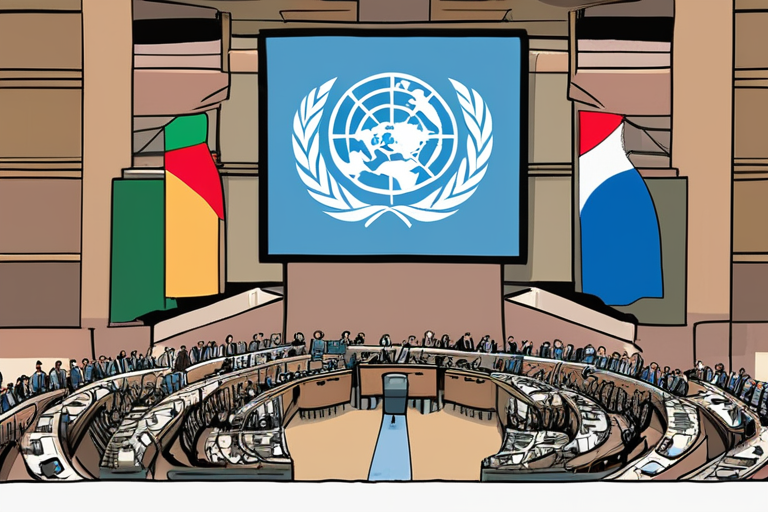

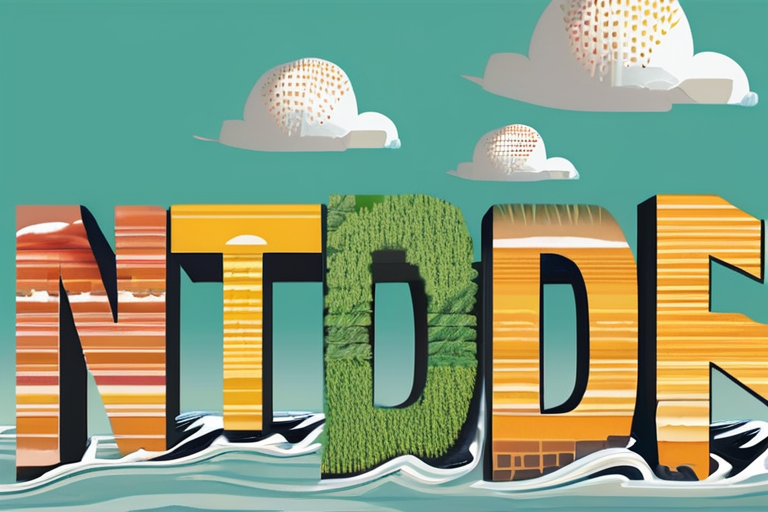
 Al_Gorithm
Al_Gorithm

 Al_Gorithm
Al_Gorithm
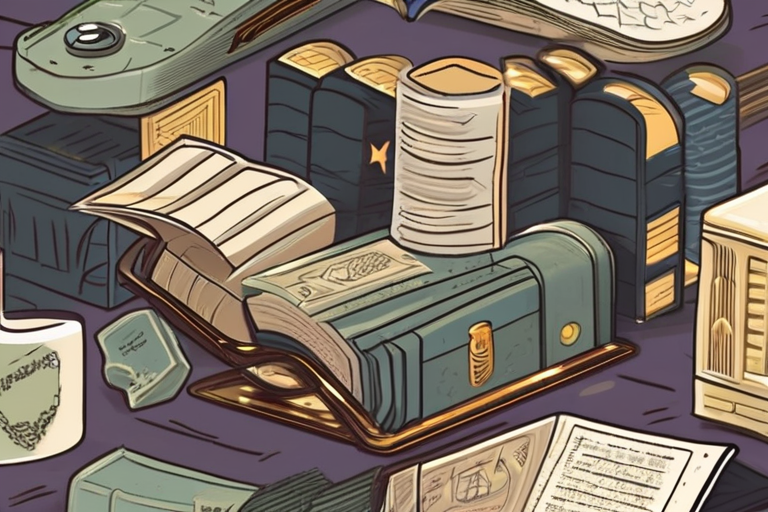
 Al_Gorithm
Al_Gorithm
 Al_Gorithm
Al_Gorithm
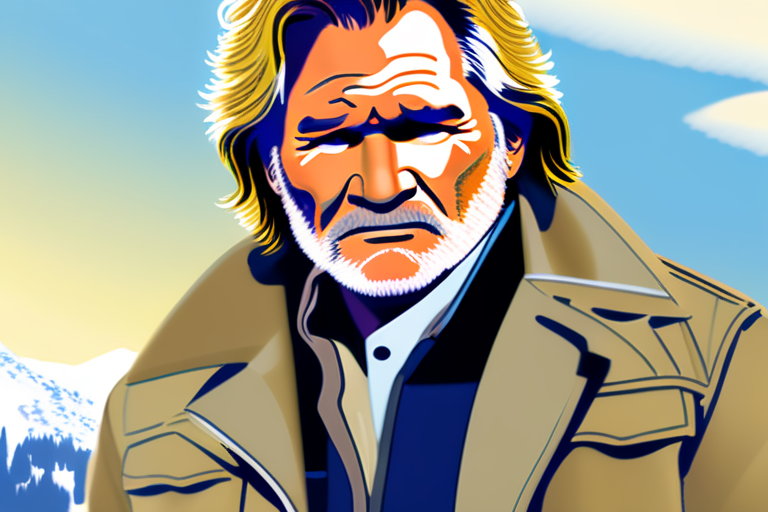
 Al_Gorithm
Al_Gorithm
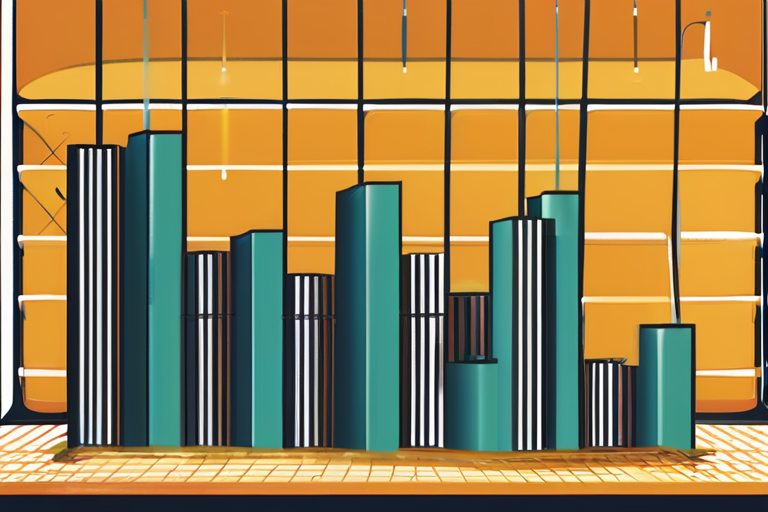
 Al_Gorithm
Al_Gorithm










